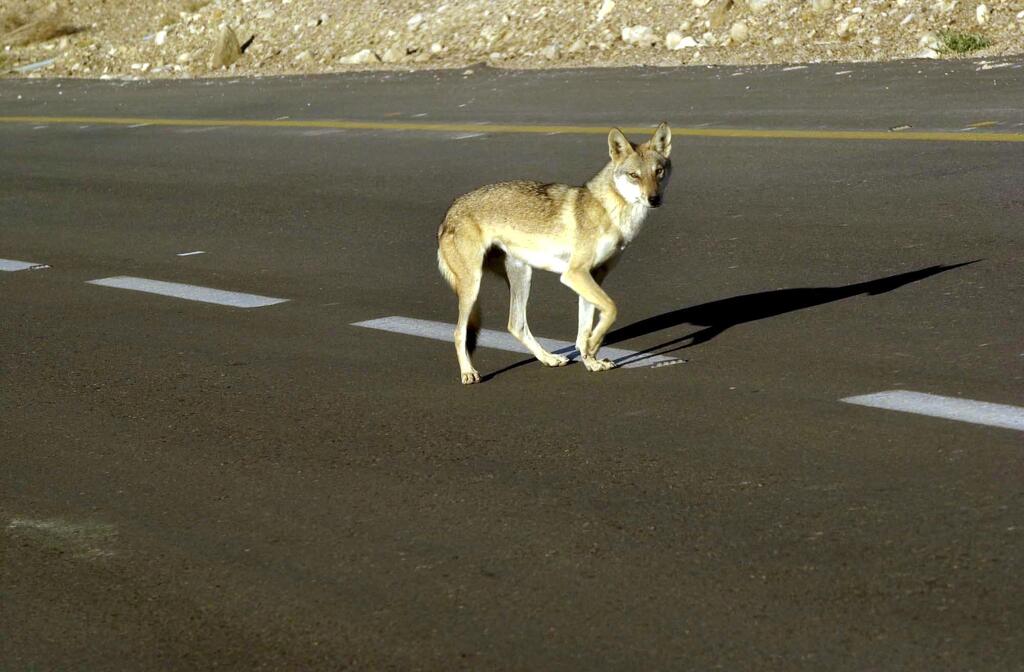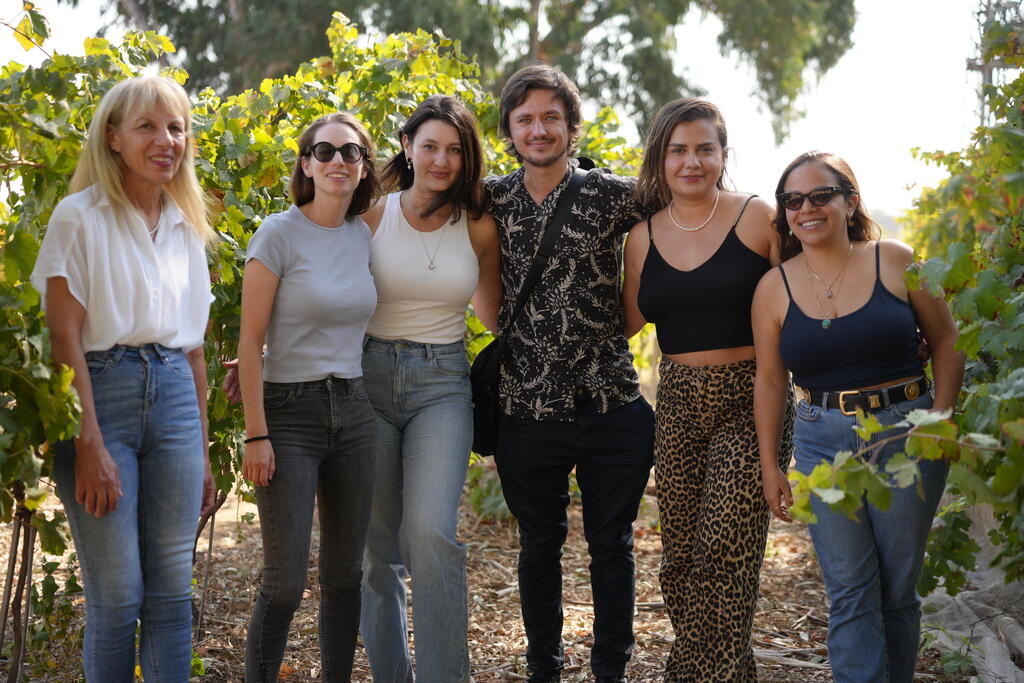Getting your Trinity Audio player ready...
Around 2,000 wild animals are reported killed on roads annually in Israel, though researchers estimate the true number is closer to 10,000. Many wildlife species also suffer due to habitat fragmentation, which limits their access to food, mates, and safe escape routes. The recent war has exacerbated the situation, with over 84,000 acres of open spaces and nature reserves burned—an area nearly seven times the size of Tel Aviv. Displaced animals fleeing the fires often end up on roads, where they are struck and killed.
To address this crisis, the organization Safe Passages for Wildlife was established, aiming to restore wildlife populations by improving connectivity between habitats and reducing roadkill. The organization’s team includes experts in zoology, ecology, landscape architecture, and environmental planning, working together to implement effective solutions to prevent habitat fragmentation and reduce collisions. They also focus on sharing their expertise and leading local projects.
Innovative solutions for wildlife protection
In a short time, Safe Passages for Wildlife has launched practical and innovative initiatives. Maya Sigal, the founder and chairperson of the organization, explains that she became aware of the issue during the COVID-19 pandemic. “I was surprised to discover that roadkill incidents are more frequent on less busy roads. Animals feel more ‘at home’ on these roads, moving about freely, unlike near busier roads where they are deterred by heavy traffic,” she says. Sigal, a nature lover who dedicates most of her free time to wildlife protection, left her career in the tech industry to focus on the organization’s mission.
The organization’s team of seven full-time members is supported by a group of experts, including:
- Dr. Motti Charter, a wildlife ecologist from the Shamir Research Institute and the University of Haifa, who studies the relationship between population sizes and barn owl roadkill. He is currently researching the presence of toxins in wildlife by examining roadkill samples of mammalian predators and birds.
- Dr. Daniel Metcalfe, who focuses on ecological restoration, nature-oriented design, and the role of design in human-wildlife interactions. His doctoral research explored design processes that address wildlife needs in built environments.
- Dr. Dan Malkinson, an ecologist at the University of Haifa, who researches the impact of human activities on wildlife behavior.
Although Safe Passages for Wildlife was only founded in May 2023, it has already launched two key projects:
Roadkill reporting bot: This bot was introduced a few months ago to gather real-time data on wildlife collisions. “The reports bridge the gap between the existing data from the Nature and Parks Authority and researchers’ estimates. By collecting a representative sample and a clear picture of what’s happening in the field, we can pressure decision-makers to take action,” explains Sigal. The initiative also promotes citizen science, enabling the public to contribute valuable data that researchers alone cannot collect.
The goal is to gather detailed information such as the number and species of animals killed and exact locations. With this data, more effective solutions can be developed to combat roadkill.
Wildlife and communities program: This newly launched community initiative aims to prevent roadkill and protect endangered species, particularly in areas of ecological importance affected by the war. The program, priced at 35,000 shekels, includes an initial funding contribution of 5,000 shekels from the organization to kickstart the project in 10 local councils. These councils were selected based on criteria such as high roadkill rates, endangered species populations, and proximity to nature reserves, using data and research conducted by the organization.
Sigal emphasizes that roadkill and habitat destruction can be mitigated through cost-effective measures, not just expensive infrastructure like wildlife bridges (estimated at 12 million shekels) or tunnels (5 million shekels). Simple actions include:
- Properly securing garbage bins.
- Reducing artificial lighting.
- Creating wildlife openings in fences around communities and agricultural fields.
- Adapting water crossings under roads to accommodate wildlife.
- Using vegetation to guide animals away from roads.
Get the Ynetnews app on your smartphone: Google Play: https://bit.ly/4eJ37pE | Apple App Store: https://bit.ly/3ZL7iNv
Sigal cites Costa Rica as a model, where speed limits are reduced near nature reserves to protect wildlife.
Call for volunteers
The organization is seeking volunteers to serve as “wildlife ambassadors” by spreading awareness, building partnerships with local businesses to support publicity, promoting the reporting bot on social media and in local WhatsApp groups, and guiding new users. Sigal assures potential volunteers that their work will provide a sense of purpose and fulfillment.
“We are just at the beginning of our journey and hope to enlist more councils in this critical effort,” says Sigal. With a combination of innovative solutions, community engagement, and dedicated volunteers, Safe Passages for Wildlife aims to reduce roadkill and ensure a safer future for Israel’s wildlife.



